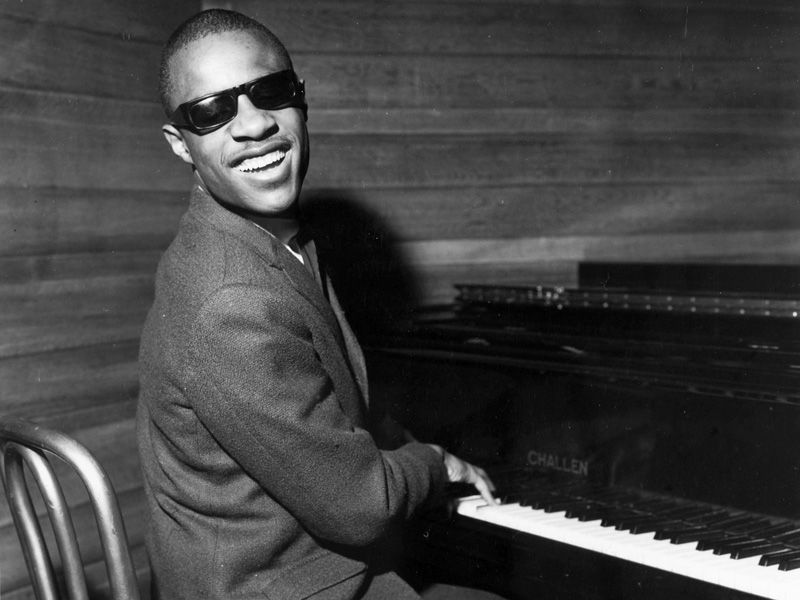Stevie Wonder is more than just a musical legend — he is a cultural icon whose work has transcended generations, genres, and borders. With a career spanning over six decades, he reshaped the landscape of popular music, infusing his craft with a deep sense of humanity, and has become an enduring symbol of creativity, resilience, and activism.
Early Life and Overcoming Adversity
Born Stevland Hardaway Judkins on May 13, 1950, in Saginaw, Michigan, Stevie Wonder faced a major life challenge from the very beginning. Due to a condition called retinopathy of prematurity, he lost his sight shortly after birth. However, his blindness never impeded his creativity. From a young age, Wonder showed extraordinary musical talent, mastering multiple instruments including piano, harmonica, and drums before the age of 10.
His abilities caught the attention of Motown Records, and at just 11 years old, he was signed to the label under the name "Little Stevie Wonder." His debut album, The Jazz Soul of Little Stevie, was the beginning of a legendary partnership with Motown and the world.
A Trailblazing Career
In the 1960s and 70s, Stevie Wonder rose to unprecedented fame with a series of groundbreaking albums that combined soul, R&B, funk, and pop with poetic lyrics and powerful messages. Albums such as Talking Book (1972), Innervisions (1973), Fulfillingness' First Finale (1974), and the double album Songs in the Key of Life (1976) are considered masterpieces, both musically and lyrically.
Hits like “Superstition,” “Isn’t She Lovely,” “Sir Duke,” and “Living for the City” not only showcased Wonder’s musicianship but also addressed issues of love, family, racism, poverty, and spirituality. His music during this era was experimental and accessible.
Impact and Activism
Beyond music, Stevie Wonder has been a lifelong advocate for civil rights and social justice. His 1980 single “Happy Birthday” became a rallying cry in the campaign to make Martin Luther King Jr.'s birthday a national holiday — a cause Wonder championed passionately until it became law in 1983.
He has also been involved in initiatives supporting disability rights, anti-apartheid efforts, and AIDS awareness. In recognition of his humanitarian work, Wonder was named a United Nations Messenger of Peace in 2009.
Awards and Legacy
Stevie Wonder’s accolades are as extensive as his discography. He has won 25 Grammy Awards, making him one of the most awarded artists in Grammy history. He was inducted into the Rock and Roll Hall of Fame in 1989, and in 2014, he received the Presidential Medal of Freedom from President Barack Obama.
His influence can be felt in artists ranging from Prince and Beyoncé to Alicia Keys and Pharrell Williams. With his unique blend of musical genius and deep emotional expression, Wonder has helped shape the soul of modern music.
Playlist Time!
Enjoy!



